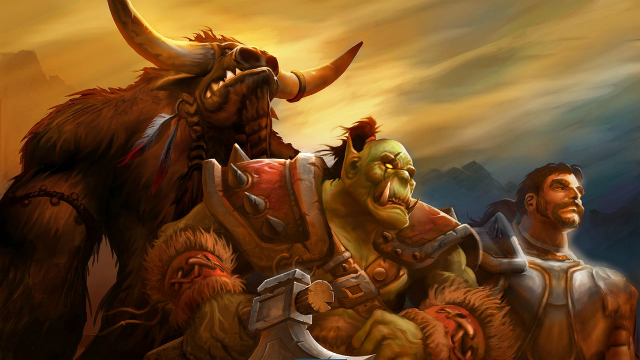A Different Kind of Transparency

There’s a lot of talk about transparency these days. In the internet age we are letting it all hang out—whatever it is—for better and for worse. And it looks like there’s no going back.
Democrats want to know about Mitt Romney’s bank accounts and tax returns, while many government agencies from all over the world want to see Julian Assange and his ilk put behind bars for eternity. On Facebook, painfully personal and intimate details of people’s private lives are on display for all to see, whether they like it or not. It seems that “transparency” is becoming a new obligation.
As a spiritual teacher, I uphold our individual and collective capacity for transparency as an important human value. But when I think about transparency, it is of a different order altogether than what has been in the news of late – to me it means being willing to be public about our deepest values in a cultural context where our perspectives may not be recognized or understood. It also means actually being the person we appear to be.
When I was twenty-two, I went through a “dark night of the soul.” I was lost, depressed, and felt trapped in the narrow confines of my own psychological world. I was also haunted by a short-lived spiritual experience that had revealed to me a glimpse of a completely different dimension of reality than any I had ever known. In desperation, I totally changed the direction of my life and became a “seeker.” This was a big leap into the unknown for me, as I had grown up in a fiercely secular family. The perennial quest for higher truths, meaning, purpose, and spiritual depth became the guiding principle of my life.
The only problem was that I was living in Manhattan. And in New York, when people ask you what you do, they’re not trying to unearth your deepest values. They want to know how you make a living, and if you make a lot of it. If you’re doing something more “alternative,” like music or art, what they really want to know is whether you are famous or if you’ve made it. When people asked me what I did, after I told them about my day job, I would proceed to tell them about what I was really interested in, and in most cases the atmosphere became instantly uncomfortable. It was as if they didn’t know where to look.
That was why, several years later, when I made my first trip to India, I found myself experiencing an unexpected sense of existential relief the minute I stepped off the plane in New Delhi. It wasn’t because I’d found what I was looking for, it was because in that ancient culture I was permitted to put spiritual values before material ones. And I could be transparent about it. I didn’t have to hide or pretend. I could “come out of the closet,” so to speak, and be who I really was.
A few years later, I did find what I was looking for and my identity went through its final shift. A refugee from a culture of secular materialism, I was now an unabashed and public proponent of higher truths, meaning, purpose, and spiritual depth. But it’s easy for me to be transparent about who I am these days because I stopped experiencing the need to pretend or to live up to others’ expectations a long time ago. Indeed, it’s a big relief to be able to be an open book.
Join Andrew Cohen for a free series of monthly broadcasts. Register here.
Image: olly/Shutterstock.com





